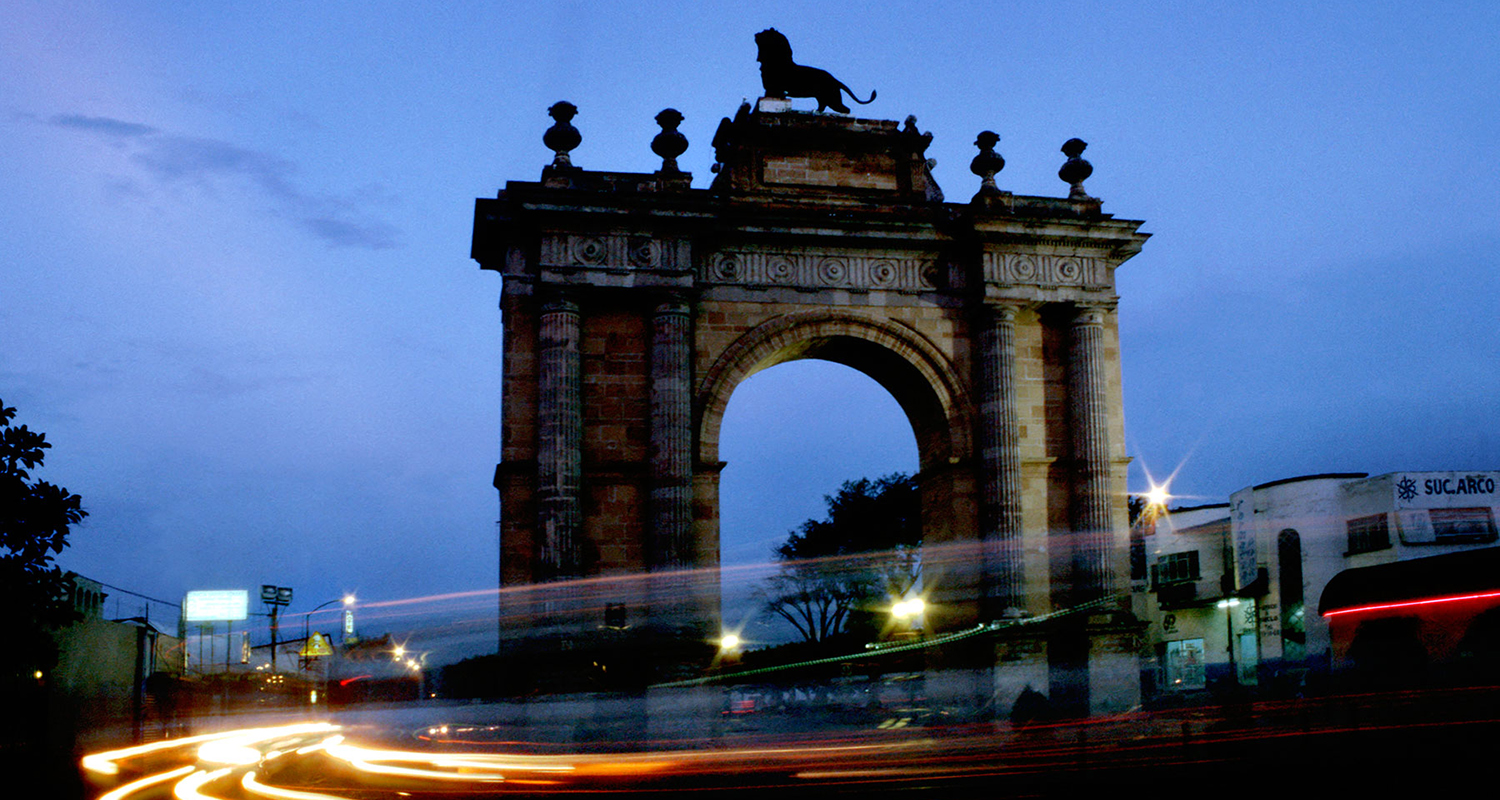

Principal - Cuco Sánchez is 189 meters away, 3 min walk. Alfredo Jiménez is 55 meters away, 1 min walk. The closest stations to José Alfredo Avenida de Torres are: What are the closest stations to José Alfredo Avenida de Torres?.Jiménez died in Mexico City in 1973, at the young age of 47, leaving a songbook that’s considered a cultural legacy. One of the artist’s final works is titled simply “Gracias,” in which he expresses gratitude for his fan’s long-lived loyalty and affection. However, his songs have been recorded countless times in many styles, including pop versions by stars as diverse as Mexico’s Luis Miguel and Spain’s María Dolores Pradera, and even a modern salsa rendition of a corrido by Panamanian salsa star Rubén Blades. The Jiménez catalog is composed mostly of rancheras, huapangos, and corridos. Often the movies bore titles based on some of Jiménez’s most famous songs, such as “ Amanecí en tus brazos” and “ Qué bonito amor.” The film La vida no vale nada took its title from the lyrics of “ Camino de Guanajuato,” and Me cansé de rogarle came from the song “ Ella,” one of the most famous rancheras of all times. Jiménez also appeared in numerous Mexican films of the 1950s, and many soundtracks are available on the Orfeón label. (Some of the artist’s demo recordings are available on the Continental label.) His RCA recordings, where again Jiménez was accompanied almost exclusively by Mariachi Vargas, have the highest production quality and are the best known today. (More than 100 of these Columbia tracks can be found in the Frontera Collection.) The second period is on RCA Victor, where from 1960 until his death in 1973 he recorded 170 of his own songs, about a third of which were re-recordings of song he originally did on Columbia. The first is on Discos Columbia (CBS), where he recorded 121 of his own songs between 19, accompanied mainly by Mariachi Vargas. José Alfredo Jiménez’s discography can be divided into two main periods. His unconventional, emotive vocal delivery on his own songs, combined with the arrangements of Rubén Fuentes and the accompaniment of the Mariachi Vargas de Tecalitlán, created some of the most beloved mariachi recordings of all time and made Jiménez a cultural icon not only in Mexico but throughout Latin America. The composer’s straight-from-the-heart lyrics, devoid of any literary pretensions, touched a deep chord in the Mexican psyche. In 1950, the song was recorded by Andrés Huesca y Sus Costeños, becoming one of the first in a long line of hits for Jiménez. Huesca was impressed by the songs he heard from the young composer, including “Yo,” which was to become a ranchera classic. One of the restaurant’s regular customers happened to be Andrés Huesca, the famed harpist from Veracruz who was a prime exponent of son jarocho, the southern folk music style featuring harp, guitars and rhythmic footwork. His first song was recorded two years later, also as a result of his work at La Sirena. In 1948, he made his radio debut with “The Rebels” on Mexico’s powerful and popular XEW. He struck up a friendship with the owner’s son, who played guitar in a trio called Los Rebeldes, and Jiménez was soon singing and writing songs for the group.

(For a time, Jiménez played soccer on a semi-pro team, and was known to be a pretty good goalie.) He got his first big break in the music business after taking a job as a waiter at a Yucatecan restaurant in the capital named La Sirena. Jiménez completed elementary school but had to work from an early age to help support the family: shining shoes, busing tables, loading trucks, and selling women’s footwear door to door. His mother, Carmelita Sandoval, moved her four children to Mexico City where she opened a small store but still struggled to make ends meet. His father, Agustín, who owned a small drugstore, died when he was just 10 years old, leaving the family almost destitute. José Alfredo Jiménez Sandoval was born in Dolores Hidalgo, Guanajuato, on January 19, 1926. Like Pete Seeger in American popular music, Jiménez’s songs have become standards that are emblematic not just of a musical genre but also of a country’s culture as a whole. His extraordinary repertoire of more than 1,000 songs encapsulated the sentiment, ideals, and concerns of the common man in a folksy yet poetic way. José Alfredo Jiménez (1926-1973) was by far the most important, prolific, and popular composer of música ranchera in Mexico during the 20th century.


 0 kommentar(er)
0 kommentar(er)
